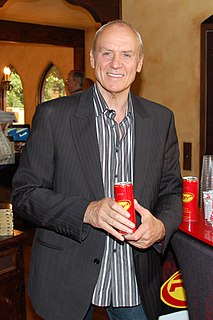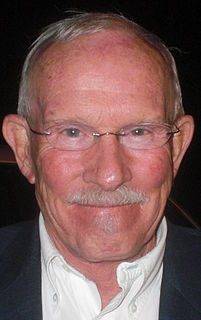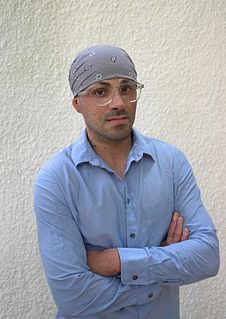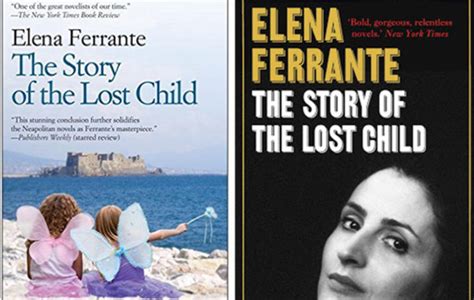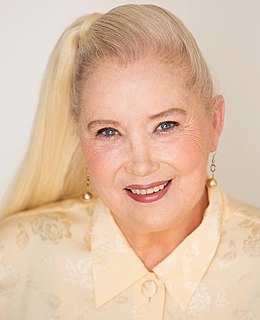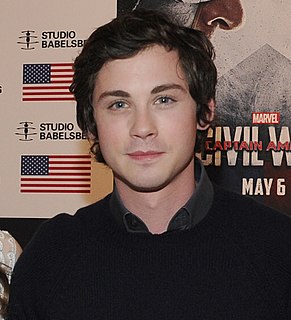A Quote by Jim Harrison
As an English major I was familiar with the stories of dozens of writers trying to get their work done among the multifarious diversions of the world and the hurdles of their own vices. A professor had said that what saved writers is that they, like politicians, had the illusion of destiny that allowed them to overcome obstacles no matter how nominal their work.
Related Quotes
The guys that write Once Upon a Time were major writers on Lost, and we had lunch when I started on OUAT and the first thing I said to them was, "I spent five years on Lost, you have to tell me, was my character good or bad?" They looked at me and said, "We have no idea." That's why you have to make your own backstory. I decided Widmore was the evilest of the evil, but in the end, not even the writers knew.
Professor Irwin Corey had some of the best timing in the world, and that is something you can't steal. He talked nonsense, not punch-lines, per se. It was a great performance thing he did and his timing was impeccable. Pat Paulsen was a master of comedy too. The Smothers Brothers' strength was not in the content, but how it was said. We had a couple of our albums, including the Purple Onion album, translated in script form. It didn't work at all. It is no wonder that writers had a hard time writing for the Smothers Brothers, because they wrote impressions, but there was something else.
When I was starting out, conceptual photography had become something that had to be amateur - like, that had to be black-and-white, or photocopied, or really not an object in order to be taken seriously. It had to work against technical mastery, and so on. So I think that my work is full of obstacles in the sense that it does look highly familiar and accessible. It does look like it's already "solved at first sight." It does look like it's part of a larger industry.
Shakespearean words, foreign words, slang and dialect and made-up phrases from kids on the street corner: English has room for them all. And writers - not just literary writers, but popular writers as well - breathe air into English and keep it lively by making it their own, not by adhering to some style manual that gets handed out to college Freshmen in a composition class.
..few writers like other writers' works. The only time they like them is when they are dead or if they have been for a long time. Writers only like to sniff their own turds. I am one of those. I don't even like to talk to writers, look at them or worse, listen to them. And the worst is to drink with them, they slobber all over themselves, really look piteous, look like they are searching for the wing of the mother. I'd rather think about death than about other writers. Far more pleasant.
Besides the money aspect, I guess I was curious about sex work. In the way that most people are, but also because ever since I was a teen I had read feminist writers like Dworkin and Mackinnon and the way they wrote about sex work had an enormous impact on me. Was it really as horrible as they said?


